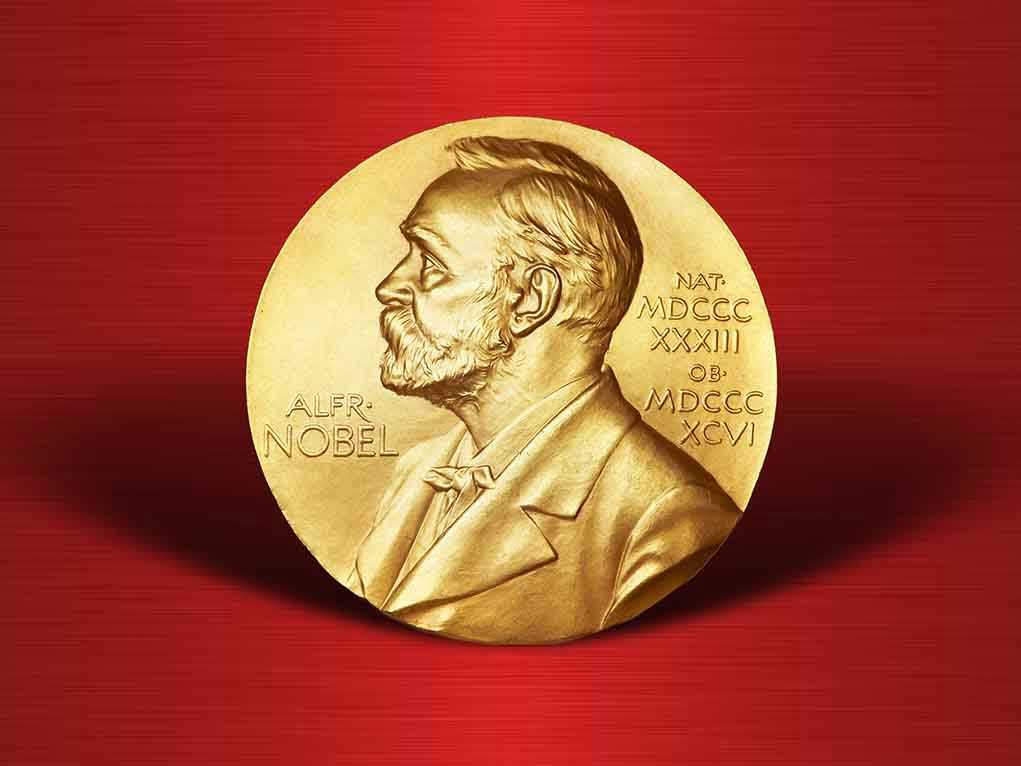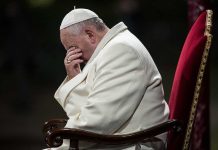
Seven nations have rocked the global establishment by nominating President Trump for the Nobel Peace Prize, sparking outrage among critics and igniting hope among conservatives who see this as long-overdue recognition for America-first diplomacy.
Story Highlights
- Seven countries—ranging from Israel to Rwanda—have formally nominated Trump for the 2025 Nobel Peace Prize.
- Nominations cite Trump’s role in brokering ceasefires and peace agreements in regions long plagued by conflict.
- The unprecedented multi-nation effort has sparked debate over the Nobel Peace Prize’s credibility and political influence.
- Media scrutiny and public controversy surround both the legitimacy and motivations of the nominations.
Global Leaders Endorse Trump for Nobel Peace Prize
In a move shaking up international norms, leaders from Armenia, Azerbaijan, Cambodia, Gabon, Israel, Pakistan, and Rwanda have publicly endorsed President Trump for the Nobel Peace Prize. Their nominations come after Trump’s direct mediation in conflicts such as the Armenia-Azerbaijan dispute over Nagorno-Karabakh, the Cambodia-Thailand border crisis, and hostilities in Central Africa. These heads of state credit Trump’s hands-on approach for brokering ceasefires and bringing adversaries to the negotiating table, highlighting a shift away from globalist bureaucracy toward practical results that benefit real people and restore stability.
This wave of endorsements marks a rare coordinated effort across geopolitically diverse nations. Israeli Prime Minister Benjamin Netanyahu described Trump’s leadership as “pivotal” in stabilizing Middle Eastern tensions, particularly in the face of renewed threats from Iran. Armenian and Azerbaijani leaders have likewise credited Trump for facilitating a historic peace deal, while officials in Cambodia and Thailand acknowledged his mediation in their border dispute. Rwandan and Gabonese leaders praised Trump’s role in ending hostilities that have destabilized Central Africa for decades. These developments have not only elevated Trump’s status as a peacemaker but have also brought renewed attention to America’s capacity for global leadership under conservative values.
Controversy and Debate Surround Nobel Peace Prize Criteria
The nominations have triggered fierce debate over the Nobel Peace Prize’s standards and susceptibility to political influence. Supporters argue that Trump’s “peace through strength” approach has produced tangible results, restoring order and saving lives in regions often neglected by previous administrations. Critics, however, question the motivations behind the nominations and the durability of the peace agreements, fueling skepticism about whether the Nobel Committee is recognizing substantive achievements or yielding to political pressure. Media outlets have intensified their coverage, with international observers split on whether Trump’s candidacy represents a genuine breakthrough or a troubling politicization of the award.
This controversy echoes past Nobel Peace Prize decisions, such as Barack Obama’s 2009 award—granted early in his presidency and widely debated for its timing—and the 2019 prize to Ethiopian Prime Minister Abiy Ahmed, later criticized amid renewed conflict in Ethiopia. The secrecy of the Nobel nomination process means that publicized endorsements are typically announced by nominators themselves, not by the Nobel Committee, which keeps the official nominee list under lock and key for fifty years. As a result, public discourse often reflects the nominators’ perspectives rather than the committee’s deliberations, adding another layer of uncertainty to the process.
Diplomatic Achievements and Conservative Values at the Forefront
Trump’s nominations have reignited discussion about the importance of strong, decisive leadership in resolving conflicts and upholding American values. His administration’s previous success with the Abraham Accords—normalizing relations between Israel and several Arab states—set the stage for direct engagement with adversarial regimes and a focus on results over rhetoric. Supporters emphasize that Trump’s diplomatic achievements align with conservative principles: prioritizing national sovereignty, protecting American interests, and resisting the kind of globalist agendas that have eroded traditional values and weakened the nation’s standing.
For Trump’s conservative base, this recognition represents a victory for common sense and constitutional integrity, providing a much-needed counterweight to years of policies that promoted woke agendas, unchecked spending, and government overreach. Many see the Nobel Peace Prize nominations as validation for rejecting failed leftist approaches and returning to leadership rooted in strength, pragmatism, and respect for American traditions.
Implications for U.S. Influence and the Nobel Peace Prize’s Reputation
The outcome of Trump’s Nobel Peace Prize candidacy, set to be announced on October 10, 2025, will have far-reaching consequences for both U.S. global influence and the credibility of international awards. In the short term, these nominations have increased global attention on Trump’s diplomatic record and empowered nominating countries to strengthen ties with the U.S. Long-term effects may include shifts in perceptions of the Nobel Peace Prize’s legitimacy, influence on future nominations, and enduring debate over the role of public diplomacy in recognizing peacebuilding efforts. Whether Trump wins or not, the conversation around his nominations underscores the need for awards that prioritize genuine achievement over political theater, and it serves as a reminder that America’s values must never be compromised on the world stage.
As experts note, agreements are only the first step—the real test is implementation. While critics warn of political maneuvering, supporters highlight the real-world impacts on populations freed from violence and instability. Whether the Nobel Committee ultimately honors Trump or not, one thing is clear: conservative leadership and common sense diplomacy have returned to the global spotlight, challenging the status quo and redefining what it means to build peace in an uncertain world.
Sources:
What Trump’s Nobel Nominations Say About the Peace Prize – The Hilltop Online
Donald Trump’s Obsession with the Nobel Peace Prize – Le Monde
Nobel Peace Prize Nomination Process – Nobel Prize official site
Nominations for the Nobel Peace Prize 2025 – Nobel Peace Prize official press release
2025 Nobel Peace Prize – Wikipedia

















